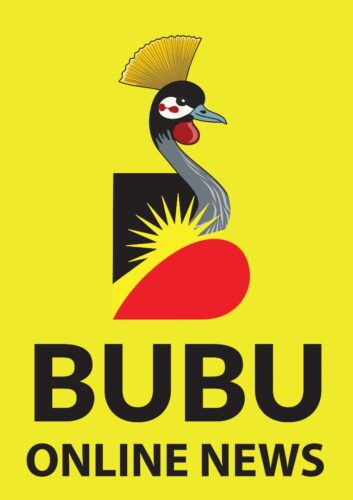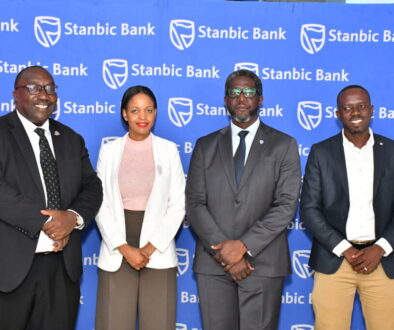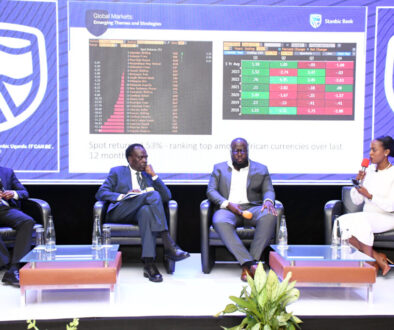Manufacturers Seek KCB Financing
Uganda Manufacturers Association (UMA) and KCB Bank Uganda Tuesday signed a Memorandum of Understanding that will see manufacturers access tailored trade finance solutions from the commercial bank to streamline their business operations.
The UMA Chairperson, Deo Kayemba, said the cost of financing in the current market is high, at an average of 22 percent, and that most banks are not addressing the challenge. He also said banks have what he called ‘short termism’ because they don’t offer long-term loans.
“For industrialists to grow, give us good tenure to enable us to turn around our investment because the manufacturing sector is the driver of the economy,” Kayemba said before asking KCB Bank Uganda to come up with loan products that speak to their needs.
Kayemba said the association has genuine members that the bank can trust with their money because due diligence is done before admitting them as members. He said most of their members are SMEs who need to be ‘handheld’ and financed.
The Managing Director of KCB Uganda, Edgar Byamah, said partnerships and collaboration as such entered into with UMA have been driving their economic growth and development over the years.
Responding to Kayemba’s financing cost, Byamah said cheap financing is something they desire and that expensive credit has been a hindrance. He revealed that they are sourcing funds to enable them to lend to SMEs cheaply.
“Part of this MOU is that we do have a specialized financing package. The reason we have gone through an MOU is because of what we call risk enhancement. Members of UMA will have a performance track record, and we will rely on that to look at what we call preferential interest rate,” Byamah explained.
This partnership will ensure that UMA members access capital expenditure including; asset-backed financing to purchase and service equipment, project financing for expansion, working capital financing like overdrafts, import loans for raw material purchases, contract finance to execute contracts, and invoice discounting to bridge delayed payment gaps, among other services.






